
With both self-publishing and ebooks there are arguments for and against both. There is a lot to be said for the tactile feeling of turning pages in a printed book and seeing your progress each time you put in a bookmark. Ebooks can store books all in one place and can be more portable and convenient. Likewise, though self-publishing offers authors the ability to bypass the traditional publishing model, getting books into bookstores is very useful for writers who want to find the largest number of readers as possible. So there is room for all these platforms.
The more popular that ebooks get, the more the stigma of self-publishing will wear off – not only because self-publishers use web-based books as their mode of reaching readers, but because the stigma of non-traditional modes of publishing is fading overall. And currently, there is evidence that we’re reaching the era of the ebook, just as we’ve lived through the era of blogging and the era of social media.
New Ebook Technology
Last week, Hearst – the media conglomerate, which owns such magazines as Esquire and Cosmopolitan – announced that it was going to come out with their own e-reader, to go to battle with Amazon’s Kindle. The difference with Hearst’s e-reader is that it will be magazine-sized, as well as using e-ink similar to Sony’s e-reader, which approximates (effectively) the experience of reading paper.
This is a major sign that magazine and newspaper see the demise of print journalism as a real possibility and they’re jumping into the fray to find a new way to turn a profit.
The trouble is that there is so much competition. Kindle users already have access to magazines and newspapers – as well as the web – so does it may not make sense for there to be a competing reader, especially when Kindle is getting all the attention. Because of this, a writer on Slate reports that the Kindle has the potential to corner the market on ebooks entirely:
The Kindle won’t let you resell or share your books. Anything you buy through the reader is fixed to your Amazon account, readable only on the Kindle or other devices that Amazon may one day deem appropriate. (The company has hinted that it’ll build an iPhone app that can read Kindle books.) Even worse, you can buy books for your Kindle only from Amazon’s store. Indeed, the device makes it difficult to read anything that’s not somehow routed through Amazon first—you can surf the Web on the Kindle, and you can convert some of your personal Microsoft Word or text files to the device’s format, but doing so is slow and not very reliable. In order to read blogs, magazines, newspapers, and books, you’ve really got to go through Amazon’s store first.
You can see where this is going: Kindle owners buy a lot of stuff, and the more stuff they buy, the more likely they are to stick with the Kindle in the future, even when/if someone else invents a better, more open e-book service. This restriction makes Amazon the prime market for book publishers. How can they resist giving over their entire catalog to a store that attracts so many eager, captive shoppers?
This is both good and bad news: good news that with the outpouring of interest, and money, into ebooks makes it a virtual inevitability that ebooks will become a part of the mainstream (once the price comes down). And once more and more people have e-reading devices, self-publishers will have an expanded base of readers and the prospect of in-store print distribution will be less of an issue.
Kindle’s corner on the market is somewhat similar to iTunes and the iPod – you can complain about that as well, but if they offer the best product and the best platform, it’s hard to argue with their success. Now there is news that Apple is entering the ebook arena (via Brian Spaeth) by offering ebooks on iTunes, as well as releasing a new iPod Touch, with a bigger screen that’s more compatible with ebooks, especially full-color ebooks like comics, which the Kindle can’t currently handle.
Even though the Kindle might seem like a dictator of the ebook market, it’s their research and development that is leading to the surge of interest in ebooks and leading other companies to design other variants on the device. And Amazon’s move to allow Kindle books to be accessed on other devices suggests they’re more of a benevolent dictator than a despot.
Eventually, a more-perfect e-reader will emerge. The number of e-readers right now may be causing some confusion, as people don’t know where to start – the iPod, in comparison, made the decision much easier – but all of this activity surrounding ebooks means that the ebook revolution is on the way. As one writer says (via Pod Peep):
First, the media didn’t understand blogs. Then they invalidated them. Then they accepted them. And now blogs are where the credibility is. Every columnist and reporter has a blog, and now major TV news programmes are built around the opinions of bloggers. A similar transformation will take place over the credibility of self-published and electronic books.
This is great news for anyone with an interest in self-publishing. The traditional models of publishing are not being replaced, exactly, but enhanced. Readers and publishers alike should welcome the addition.
Update: Barnes and Noble has bought Fictionwise for $15.7 million. Booksquare has an authoritative post about the implications of all this activity in the ebook market. As it says there:
Used to be that working the d-book (digital book) beat was an easy gig. You could go years without any news of note. Lately, you can’t go to bed for fear of missing a story.
Get an Editorial Review | Get Amazon Sales & Reviews | Get Edited | Get Beta Readers | Enter the SPR Book Awards | Other Marketing Services




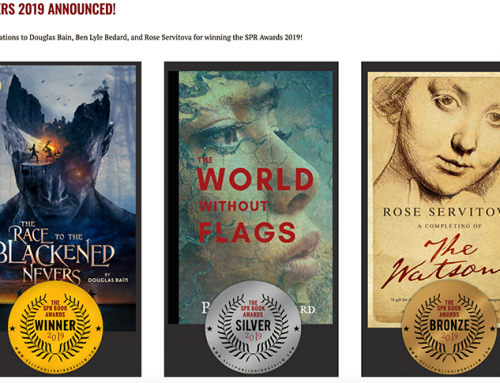
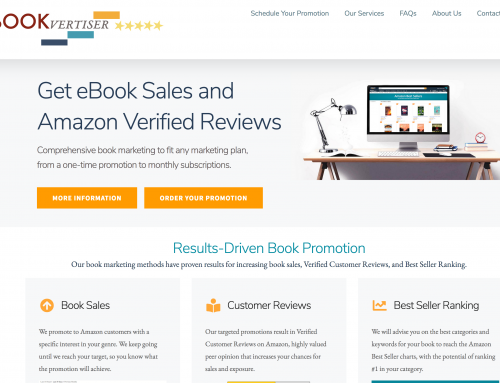
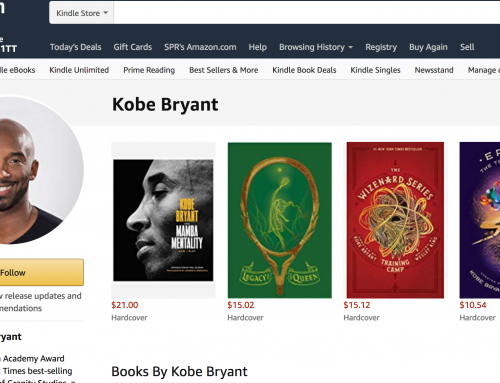

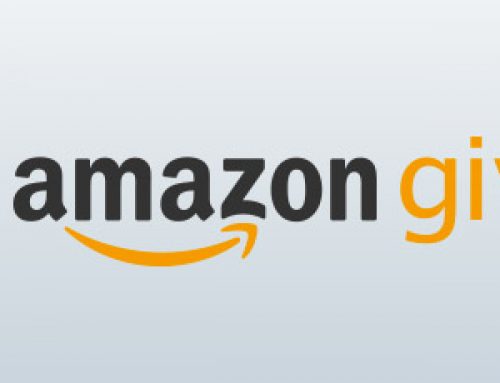


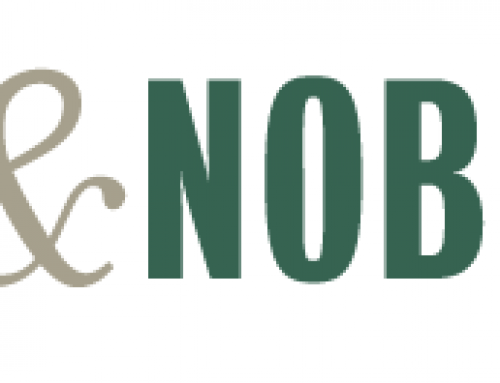
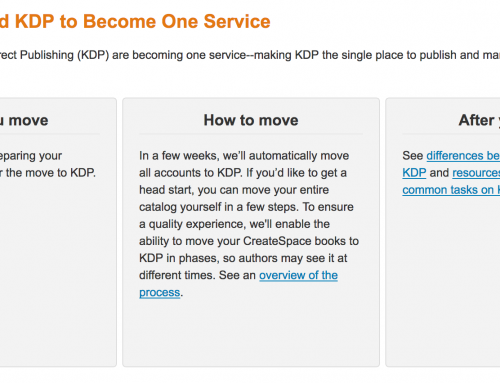

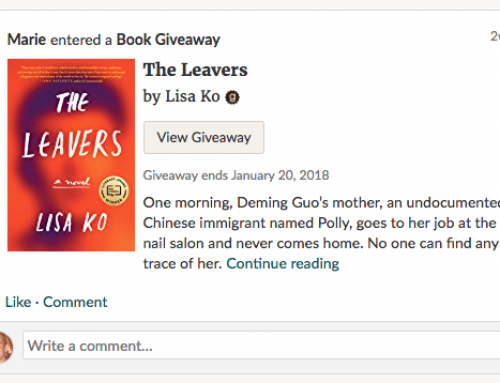
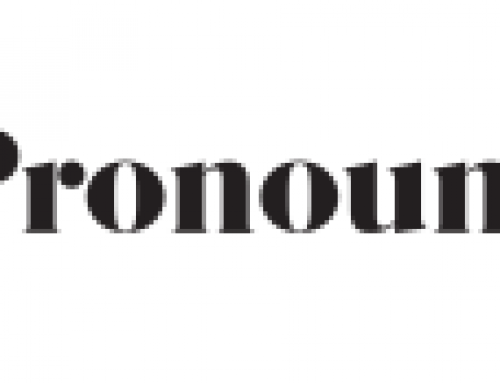
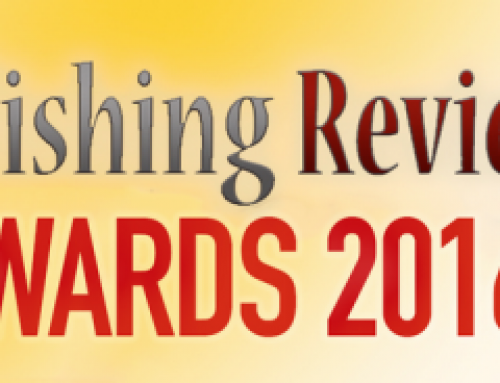
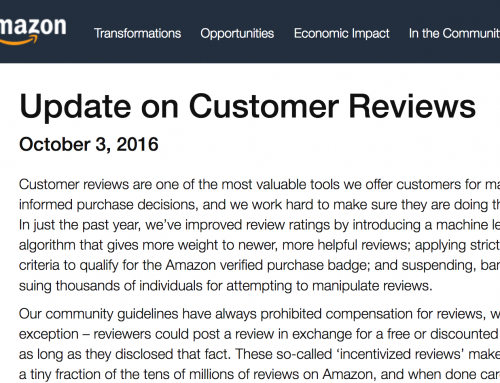
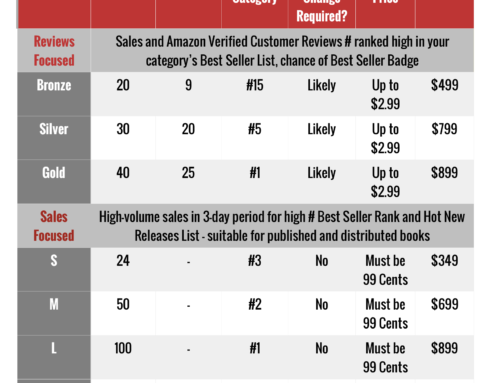
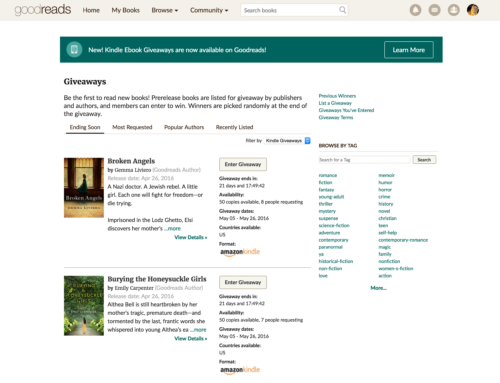
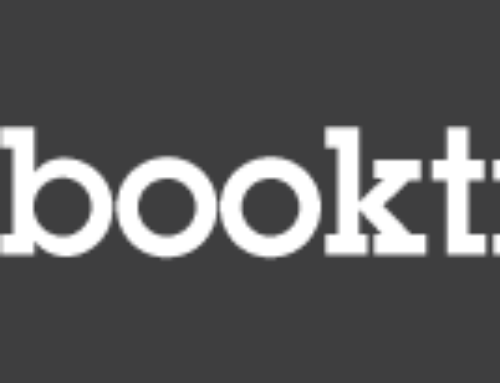

Great article. I would like to clarify one point. People can put content on a Kindle outside the Amazon system. The Kindle via a USB connection to your computer can be loaded with .txt files or unencrypted Mobipocket files. Free online libraries like Feedbooks and Manybooks have downloads for the Kindle. So the person you are quoting is not well informed about Kindle.
Of course, Kindle is a hardware designed to lock people into buying from Amazon. Amazon is a good company to its customers, but I’m sure the whole publishing industry does not want it in near total control of distribution. I personally do not make my novels available through the Kindle system because Amazon only gives a 35 percent share to publishers/authors.
Although Amazon with the Kindle obviously wants to become the Big Kahuna of content distribution, it has a long way to go. Its usefullness at this point is limited to the United States.
On the overall topic of the post, I think it is exciting that ebooks are gaining attention. I own a Sony 505 ebook reader and I love it. Ebook reading is comfortable and in many ways is superior to paper books. I still read paper books too. It is not an either / or thing for me. Ebooks just allow another way to read!